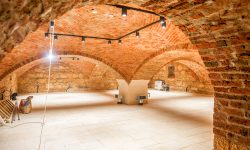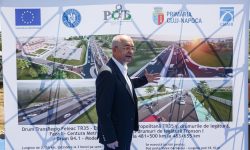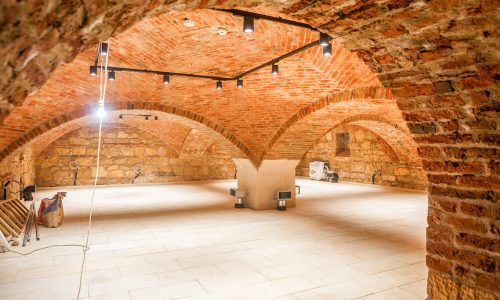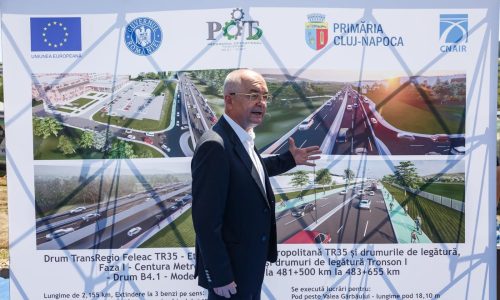A long-overdue gesture of recognition unfolded in Cluj-Napoca with the unveiling of a bust of Woodrow Wilson, the 28th President of the United States, in the central Lucian Blaga Square. Previously housed in a secluded courtyard of the Institute of Public Health and the University of Medicine and Pharmacy, the statue has been relocated to a prominent public space, ensuring greater visibility for both locals and tourists.
The ceremony was attended by notable figures, including the U.S. Ambassador to Romania, Her Excellency Kathleen Kavalec, highlighting the symbolic importance of Wilson’s legacy in Romania and beyond. Sculpted in 2002 by Ilarion Voinea, the bust bears an inscription celebrating Wilson as a “champion of freedom and democracy,” underscoring his pivotal role in shaping the post-World War I order and supporting the creation of Greater Romania.
Who Was Woodrow Wilson?
Woodrow Wilson served as the President of the United States from 1913 to 1921, a tenure marked by his leadership during World War I. Initially advocating neutrality, Wilson led America into the conflict in 1917, a decision catalysed by Germany’s unrestricted submarine warfare and the sinking of the Lusitania.
His vision for a post-war world was encapsulated in the famous Fourteen Points, a framework that emphasised self-determination, free trade, disarmament, and the establishment of the League of Nations. Although the League faced challenges and the U.S. Senate ultimately rejected its membership, it laid the foundation for modern multilateral organisations like the United Nations.
Wilson’s principles deeply resonated in Eastern Europe, especially in Romania, where his advocacy for self-determination directly influenced the country’s territorial unification. His contributions to peace earned him the Nobel Peace Prize in 1919.
A Local Context: Why Cluj?
Cluj-Napoca, the heart of Transylvania, carries a historical connection to the values Wilson championed. During the turbulent period of World War I, his principles inspired Romanian leaders advocating for the unification of Transylvania with Romania. Documents such as the Declaration of Self-Determination referenced Wilson’s ideology, showcasing his profound influence on the region’s political aspirations.
Previously located in a less accessible part of the city, the bust often went unnoticed, with many mistakenly associating Wilson with medicine due to its proximity to the university and health institute. The move to Lucian Blaga Square ensures that this symbol of democratic ideals is displayed where it can be properly appreciated.
A Monument to History and Progress
The unveiling of the Woodrow Wilson bust in a central public space is more than a tribute; it is a reminder of the enduring relevance of Wilson’s ideals. His commitment to justice, self-determination, and a collective vision for peace still inspires, bridging histories across continents.
This relocation not only honours Wilson’s legacy but also reflects Cluj-Napoca’s aspiration to be a city where history and culture converge in meaningful ways for its community and visitors alike.



